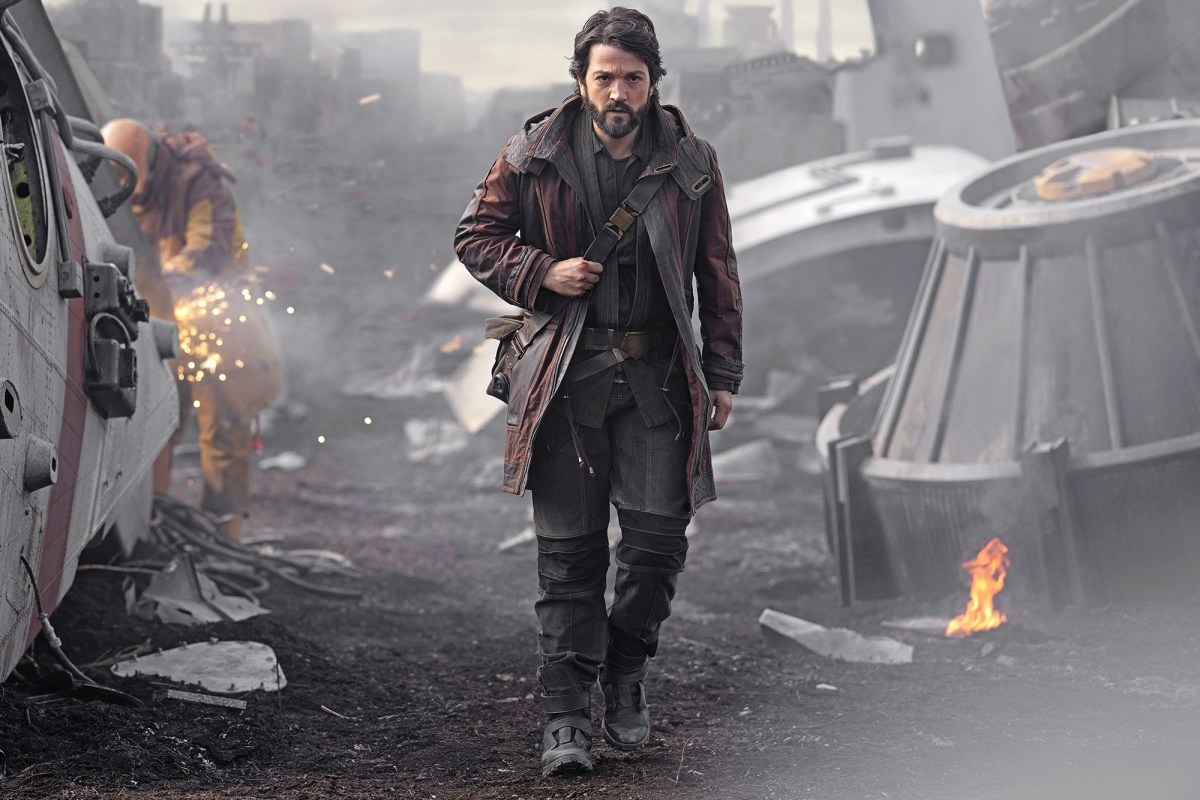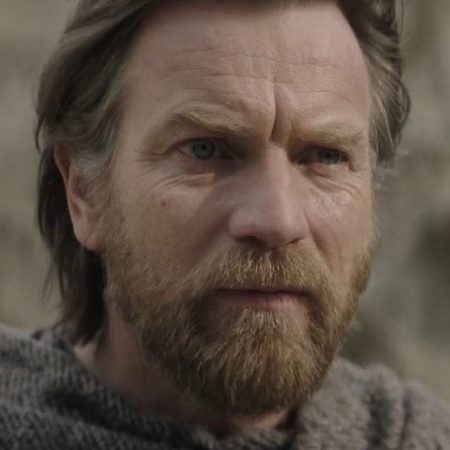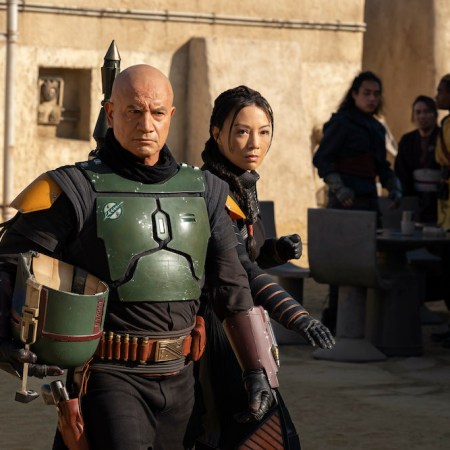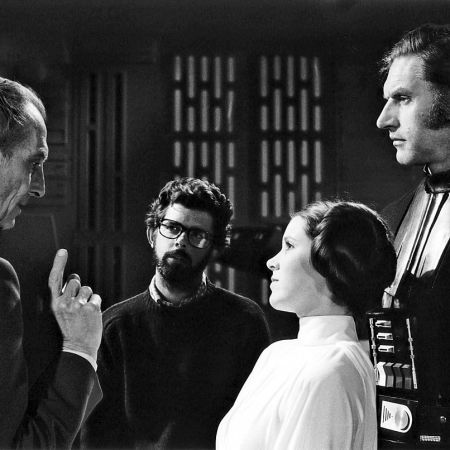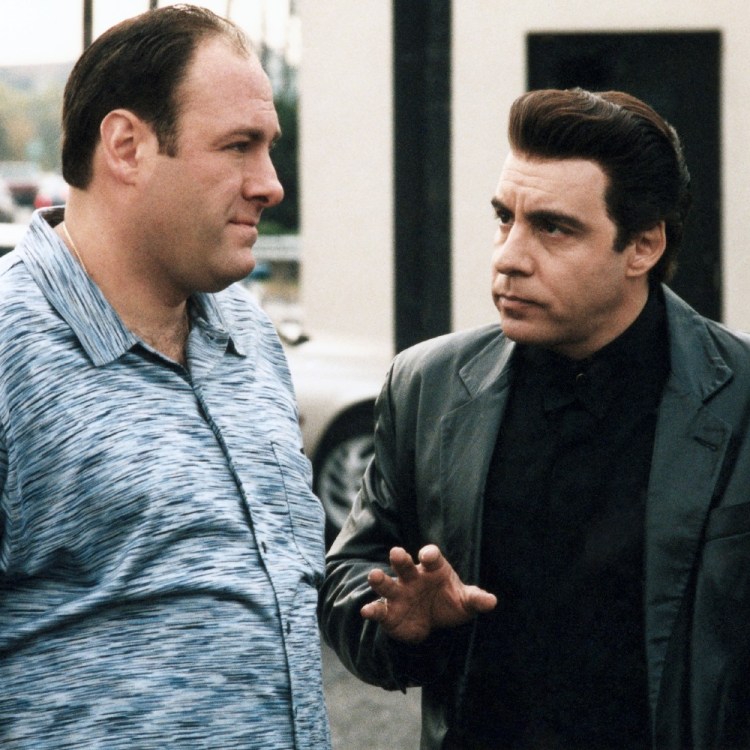Like a lot of epic stories, the Star Wars universe has tended to embrace a “great man” approach to its narrative arc.
Rooted in a 19th-century take on the study of history, the great man theory holds that unique, innately talented heroes, or villains, have been the prime movers behind key events in the timeline of humanity — “the soul of the whole world’s history,” in the words of the Scottish historian and great-man progenitor Thomas Carlyle. According to this line of thought, those who are less than great are there in service of those born with a vision and the skills and determination to fulfill it, whether we’re talking about Genghis Khan, Ivan the Terrible, George Washington, Napoleon or Adolf Hitler. (They’re mostly men, because, well, you know.)
Star Wars isn’t history, of course, but the core story draws on a detailed chronology that hews closely to the great-man theory. Anakin Skywalker, conceived by his own midi-chlorians (which makes him unique and innately talented), is prophesied to bring balance to the Force. Arrayed against him once he becomes the evil Darth Vader is the Rebel Alliance, anchored by his own Force-channeling children. That’s some deep dynastic psychodrama right there, though Star Wars carved out room for the street smarts (space smarts?) and wise cracks of the low-born Han Solo, a smuggler who made his own luck, and his furry Wookiee copilot, Chewbacca.
More recently, the franchise has shifted its focus to compelling effect from the divinely appointed to ordinary folks pulled in, or held down, by the tumult of events. It makes for thrilling television so far in Andor, a new 12-episode prequel that leads up to the plot of the 2016 Star Wars spin-off film Rogue One. Set five years before the Rebels destroy the first Death Star, the new series follows Cassian Andor (Diego Luna, reprising his role from the movie), a small-time thief with big ambitions who suddenly, violently, finds himself out of his depth and on the run.
Over the first four episodes, Andor depicts the decidedly unglamorous environs of the city where Cassian lives, a grim urban center on the edge of a wasteland on the planet Ferrix. Salvage yards and junk shops appear to be the primary industries there, operating under the lax stewardship of an Imperial subcontractor until the ambition of a stuffed-shirt corporate security flunky outpaces his ability. It’s there on Ferrix where Cassian’s life goes sideways when he tries to unload a piece of stolen Imperial technology to a fence who has much bigger plans for him.
That’s the set-up, and the show is tightly written, well-paced and convincingly acted. Yet what makes Andor especially engrossing is the backdrop against which the action unfolds. The show offers a sense of how autocracy impacts the people too small or, in the eyes of the regime, too insignificant to matter beyond a general need to keep them under control, usually through terror. When the first episode begins, the Empire has been in charge for 14 years. Though no one specifically mentions that fact, there’s an ambient heaviness that colors daily life, which revolves around survival. Ferrix is no simmering cauldron of rebel sentiment: the people there don’t have time for that kind of political engagement or the trouble it could bring (though they step up when necessary, as we see in episode three, “Reckoning”).
Nearly a decade and a half under Imperial totalitarianism has resulted in a dreary, low-grade fear that has made everyone furtive, careful not to say too much too openly, lest it reach the wrong ears. Conversations feel elliptical and weighted with subtext, even when Cassian’s pal Bix Caleen (a fierce and determined Adria Arjona) shows up tipsy late at night at the home of her jealous, conflicted love interest, Timm Karlo (James McArdle).
Though Cassian has plenty of contempt for the Empire, stemming from an Imperial mining project that destroyed his home planet when he was a kid (played in flashbacks by Antonio Viña), petty theft is his personal form of rebellion at the start of the series. In the third episode, when he meets for the first time with Luthen Rael (Stellan Skarsgård), a stranger who has agreed to buy Cassian’s stolen Imperial gear, the thief is incredulous when Rael offers him the chance to strike at the Empire more forcefully than he imagined was even possible.
“I think it’s all useless,” Cassian tells Rael at the start of the fourth episode, “Aldhani,” after guessing that his new acquaintance has some role in the underground resistance coalescing against the Empire.
That sense of futility and cynicism is something totalitarian regimes actively cultivate to keep the populace demoralized and subservient. It’s what made Ben Kenobi reluctant to get involved when Inquisitors kidnapped Princess Leia in the Obi-Wan Kenobi series earlier this year, and it’s part of why Han Solo was keen to get his money and scram in the original Star Wars movie, A New Hope, back in 1977.
On the flip side, Cassian’s assessment of the Empire is dead on: “They’re so proud of themselves,” he tells Rael. “So fat and satisfied.” Indeed, Andor depicts an arrogant and bloated Imperial bureaucracy, where the thought of any widespread organized uprising is remote enough that, based on the fourth episode, turf battles seem to flourish among mid-level functionaries whose primary concern is protecting their own spheres of influence. A similar thread runs through much of the animated series Star Wars Rebels, as the Imperial officials charged with overseeing the planet Lothal spend as much time outmaneuvering each other as trying to quash knots of resistance among the populace.
That combination of arrogance and short-sightedness is what allows the Rebel Alliance to take shape. By depicting the daily grind of life under the Empire for people who aren’t rich or connected enough to be insulated from it, Andor so far offers a sense of why there’s a rebellion brewing. That the resistance is taking shape among ordinary people who have simply had enough — like Cassian (who we know eventually swallows his cynicism), or Vel Sartha (Faye Marsay), who is running an operation against the Empire on Aldhani — suggests that, in Star Wars, at least, it’s time the foot soldiers got their due.
This article appeared in an InsideHook newsletter. Sign up for free to get more on travel, wellness, style, drinking, and culture.
